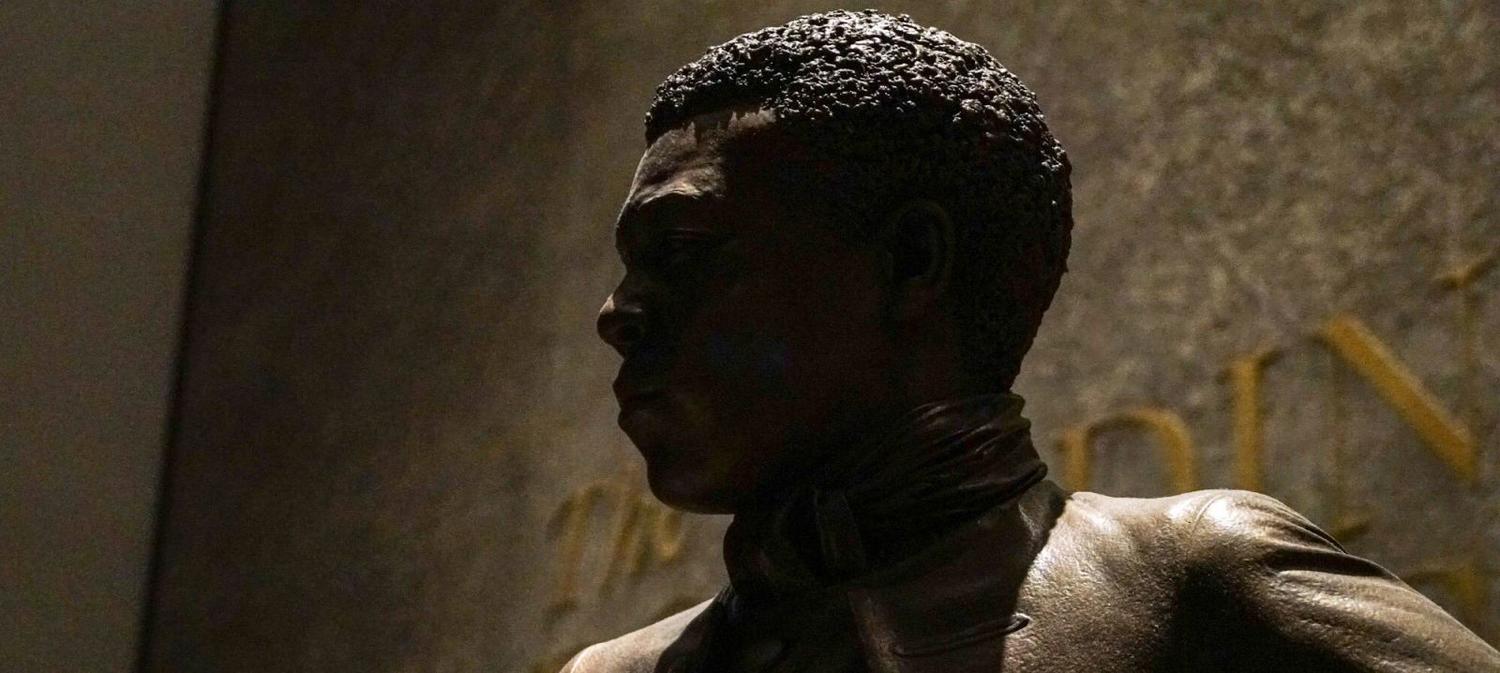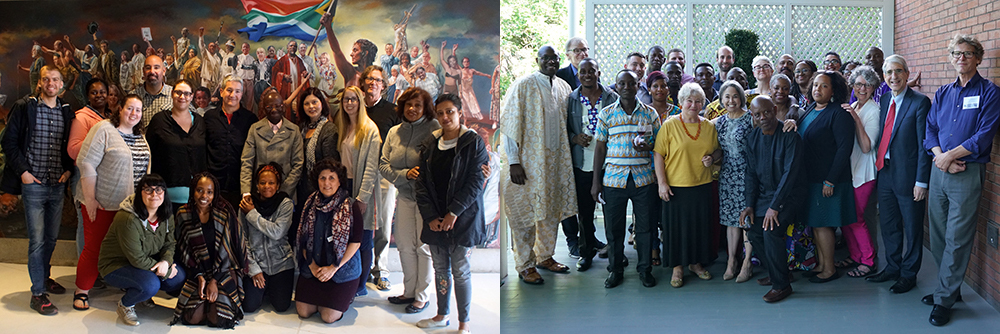About

Teaching Shared Histories:
Models for Collaboration between U.S., South African and
Sierra Leonean Teachers and Classrooms
In 2016, with funding from the Robina Foundation, the Gilder Lehrman Center for the Study of Slavery, Resistance, and Abolition (GLC) began planning a three-year international teachers’ workshop series. This program, the GLC Shared Histories Institute, focuses on how different countries have dealt with the legacies and trauma associated with reconstructing the social, economic, and political order following a foundational break in the status quo. The goal of the Institute is to develop best practices for classroom teaching of these difficult topics. The three countries and associated issues included in the first phase of the project are: the United States (Jim Crow and the Civil Rights Movement), South Africa (the history and legacies of apartheid), and Sierra Leone (colonialism, slavery and the slave trade, and post-colonial struggles). Institute instructors and teachers will compare and contrast the three cases in order to understand how societies might teach reconstruction within broad historical frameworks. The audiences for this project are high school teachers and their students.

Ten teachers from South Africa and ten teachers from Sierra Leone have been recruited for the program. Each of these twenty teachers have been paired with a teacher from Connecticut. Over the course this program, this cohort of forty teachers will work closely with each other, allowing them to build cohesion and engage in cumulative learning via on-the-ground and long-distance interaction. The structure for the GLC Africa Institute involves week-long workshops in each of the three countries.
The workshops will be led by a faculty members and visiting speakers from the host country and the United States. In addition to formal instruction, teachers will visit important historical and cultural sites. When possible, teachers visit the schools and classrooms of teachers from the host country. During each workshop, paired teachers will develop curriculum plans to be implemented with their students during the year following the workshop. Through web-based and social media platforms, students will work with students of other countries on study projects. Broad discretion will be given to teacher teams in the development of these projects, assuring that projects meet their respective educational needs.

Teachers in all three countries will be drawn from specific geographical areas: Johannesburg and the Gauteng province in South Africa, the Freetown area and Southern Province in Sierra Leone, and the greater New Haven area. This is to ensure that local organizers are able to communicate with their teachers to track progress, share setbacks and successes, and communicate as a group with their international colleagues.
The purpose of this program is to build sustainable interactions between classrooms and teachers in the United States, Sierra Leone, and South Africa. Through this program we plan to create and identify best practices for the development of future collaborative projects so that we might build lasting partnerships between classrooms in South Africa, Sierra Leone, and the United States.
The costs associated with these international workshops, including travel, food and lodging, curriculum materials and other associated expenses, will be covered by the Gilder Lehrman Center at Yale University.


